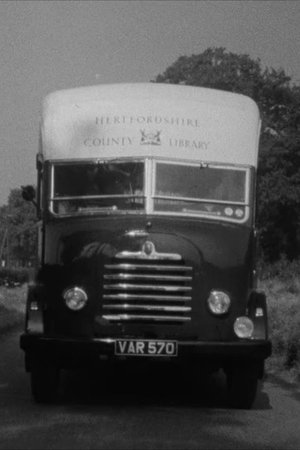
I Am a Mobile Librarian(1960)
See how Sally Jenkins and her driver, Thomas, run Hertfordshire's mobile library service with military precision.

Movie: I Am a Mobile Librarian
Top 1 Billed Cast
Herself
Video Trailer I Am a Mobile Librarian
Similar Movies
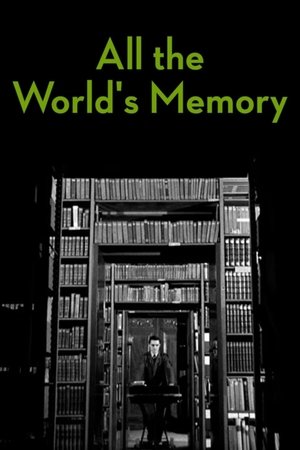 7.0
7.0All the World's Memory(fr)
Toute la mémoire du monde is a documentary about the Bibliothèque Nationale in Paris. It presents the building, with its processes of cataloguing and preserving all sorts of printed material, as both a monument of cultural memory and as a monstrous, alien being.
 7.3
7.3Everyday Life in a Syrian Village(ar)
The first documentary to present an unabashed critique of the impact of the Syrian government’s agricultural and land reforms, Everyday Life in a Syrian Village delivers a powerful jab at the state’s conceit of redressing social and economic inequities.
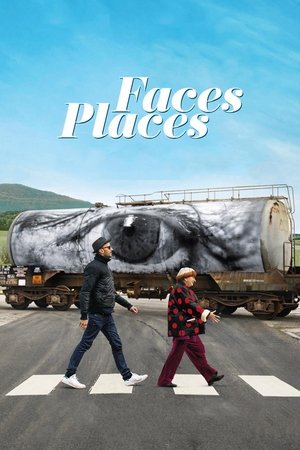 7.7
7.7Faces Places(fr)
Director Agnès Varda and photographer/muralist JR journey through rural France and form an unlikely friendship.
 6.7
6.7Full Metal Village(de)
The film describes the microcosmos of the small village Wacken and shows the clash of the cultures, before and during the biggest heavy metal festival in Europe.
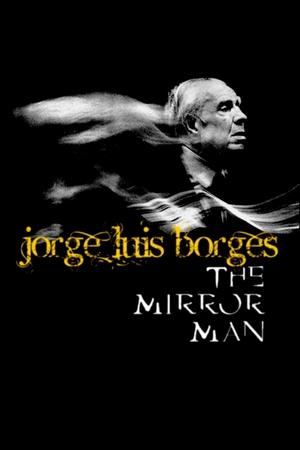 0.0
0.0Jorge Luis Borges, the Mirror Man(fr)
The lifetime of the great Argentinian man of letters Jorge Luis Borges through narration and interviews of such key players in his life as Leonor de Acevedo —his mother—, María Kodama —his second wife—, and Adolfo Bioy Casares —his best friend and collaborator for decades.
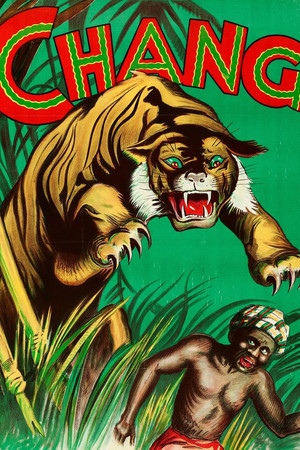 6.8
6.8Chang: A Drama of the Wilderness(en)
Elephants disrupt the lives of a family deep in the jungles of Northern Siam, and an entire village.
A Walk Through Prospero's Library(en)
A short made for TV with director Peter Greenaway discussing the dazzling 3.5 minute opening sequence from his film, 'Prospero's Books'. As Prospero (John Gielgud) walks through his library, Greenaway comments on the historical, mythological, biblical & fictional characters occupying the library.
The People's Palace: A Portrait of the New York Public Library(en)
With a mission of collecting, preserving and making accessible the materials of human culture, the New York Public Library plays a vital role in the cultural life of the Big Apple. This film provides a multifaceted portrait of the institution. Viewers will learn about the library's history, collections and research centers as well as the individuals charged with upholding its mission while always keeping an eye to the future.
 0.0
0.0The Librarians(en)
Librarians unite to combat book banning, defending intellectual freedom on democracy's frontlines amid unprecedented censorship in Texas, Florida, and beyond.
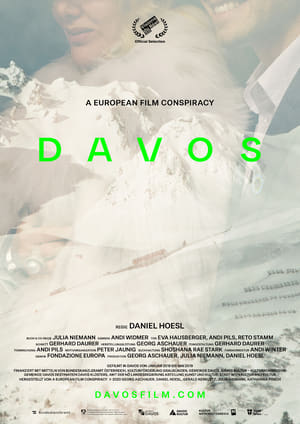 6.0
6.0Davos(en)
Beneath its reassuring façade, Davos is each year at the heart of the Western and capitalistic world. Every chief of State and everyone who is someone in the money world meets with their peers in the Swiss village. What is really at stake in Davos ? Julia Niemann and Daniel Hoesl create a fascinating observational documentary in which judgement is never handed out and where the dialectics of conflicts matter more than easy and reassuring answers. The film asks the viewer some uncomfortable questions by focusing on challenges that the new global economy poses to the world.
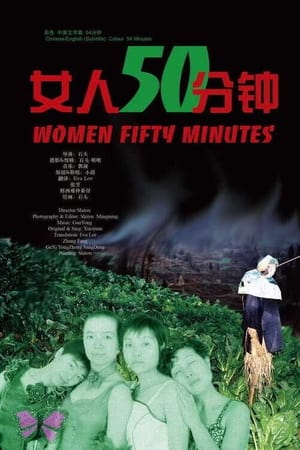 9.0
9.0Women 50 Minutes(zh)
A representation of queer and feminist imagery that was mainly shot in the Qinghai-Tibetan Plateau, remote and developing areas in southwest China, and metropolitan cities like Beijing from 2000 to 2004 to document the social changes in contemporary China. The director sympathetically and erotically represents a variety of women, including women as laborers, women as prayers, women in the ground, women in marriage, and women who lie on the funeral pyre with their dead husbands. Her camera juxtaposes the mountains and rivers in old times, the commercialized handicrafts as exposition, the capital exploitation of the elders’ living space, and the erotic freedom of the young people in a changing city.
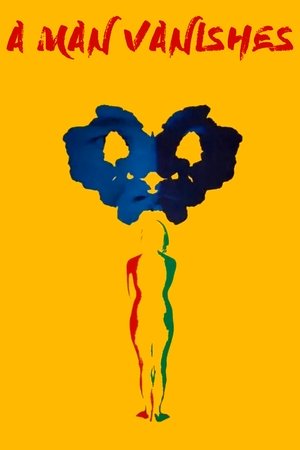 6.9
6.9A Man Vanishes(ja)
A Man Vanishes examines the concept of Johatsu, tackling the phenomenon of people missing in Japan over the years. It picks one such person from the list, someone who had seemed to disappear from the face of the earth due to embezzlement from his company, and the filmmakers begin an investigative documentary into the reasons behind and attempt at tracking him down.
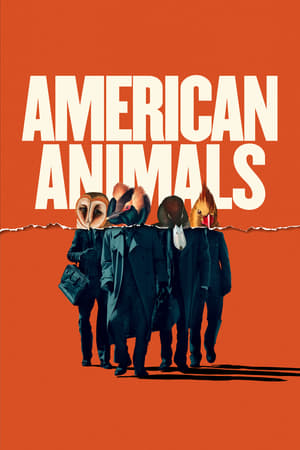 6.7
6.7American Animals(en)
Lexington, Kentucky, 2004. Four young men attempt to execute one of the most audacious art heists in the history of the United States.
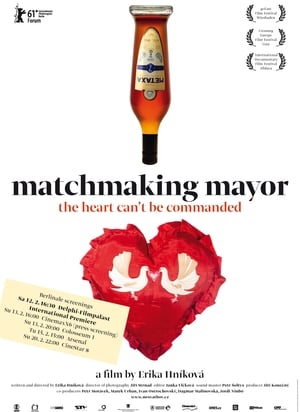 5.0
5.0Matchmaking Mayor(cs)
A village mayor is trying to bring together local people in their thirties who are still single. 21st century social engineering in a situation documentary by Erika Hníková. Slowly but surely, the Slovak village of Zemplínske Hámre is dying out. But its mayor, a retired general, refuses to give up. In fighting the thirty-year-olds‘ solitude he has used a variety of weapons such as offering a financial incentives for every newborn child or encouraging childbearing via the local PA system. None of it has worked. However, the mayor has a new plan. He decides to organize an evening get-together for singles from all the neighboring villages. Will our heroes find their partners after all?
 0.0
0.0The Noise of Time(es)
In the town of Xoco, the spirit of an old villager awakens in search of its lost home. Along its journey, the ghost discovers that the town still celebrates its most important festivities, but also learns that the construction of a new commercial complex called Mítikah will threaten the existence of both the traditions and the town itself.
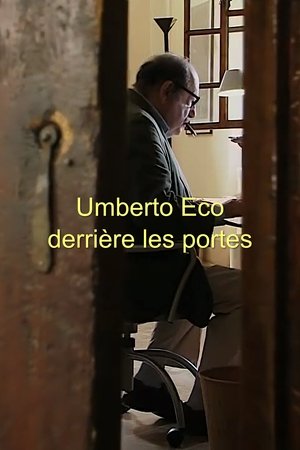 8.0
8.0Behind the Doors of Umberto Eco(fr)
Umberto Eco, the author of best-selling novels who passed away in February 2016, unveils the secrets behind his undertakings and novels.
 0.0
0.0The Punk of Natashquan(fr)
In 1981, an unusual person arrives in Natashquan, marking the beginning of an unlikely love story between this small Quebec village and the young man they call “The Punk”. Five years later, he vanishes without a trace, forever impacting the community.
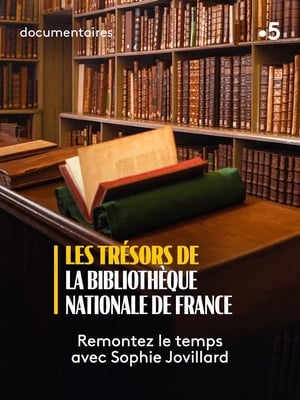 9.0
9.0Les Trésors de la Bibliothèque nationale de France(fr)
The National Library of France is the guardian of priceless treasures that tell our history, our illustrious thinkers, writers, scholars and artists. Telling the story of the exceptional treasures of the National Library of France is like opening a great history book rich in many twists and turns. Without the love of the kings of France for books and precious objects, this institution would never have seen the light of day. The story begins in the 14th century under the reign of a passionate writer, Charles V, who set up a library in his apartments in the Louvre. But it was not until the 17th century, and the reign of Louis XIV, a lover of the arts and letters, that the royal library took over its historic quarters in the rue Vivienne in Paris, which it still occupies.
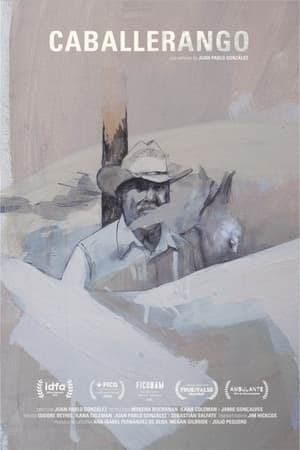 6.0
6.0Horse Wrangler(es)
Nando, a young horse wrangler in a rural Mexican village, has taken his own life following a disagreement with his father. Caballerango shows the boy’s family members and townspeople as they reckon with the new realities borne out of this inexplicable tragedy. Each account of Nando’s story reveals a different aspect of this rural town, which is deeply affected by modernization. The confrontation between the centuries-old ways of life and the modern-day world seems to be creating serious identity crises among the younger generation. The story is told in a patient, observational style with methodical shots of the landscape, ranches, and of the two white horses, whom Nando and his father tended to. Those horses, the last to see Nando alive, connect us to an ethereal sensation of almost otherworldly mystical beings.
